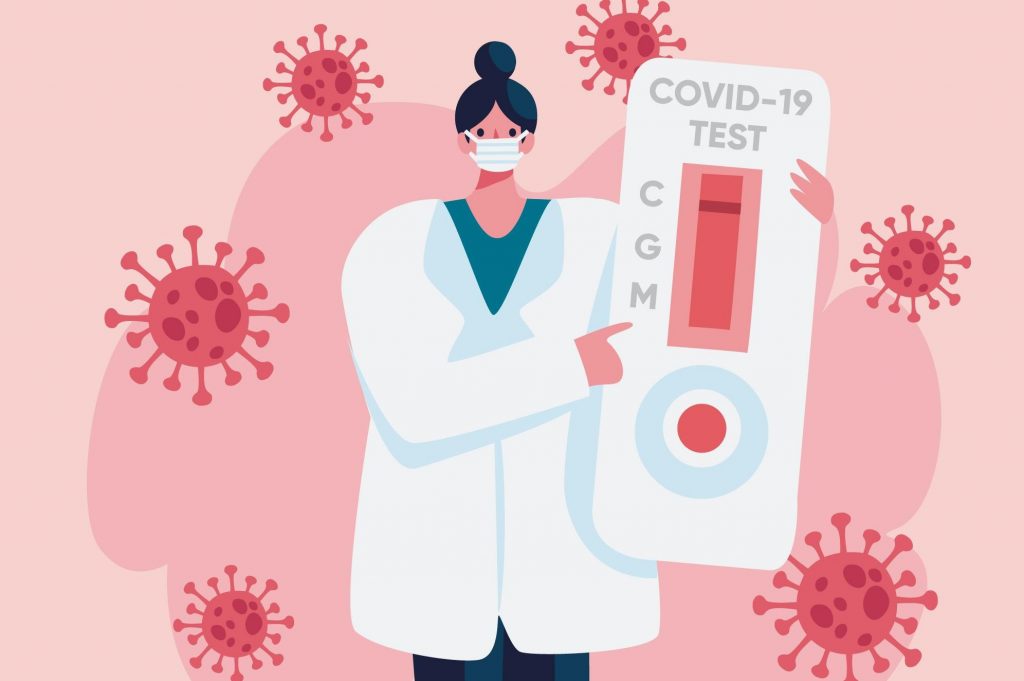The latest rapid point-of-care test for coronavirus and flu viruses is an exciting development. It’s quick and precise and is ideal for use in hospitals or clinics.
The various COVID-19 tests available are a vital subject to learn about. There’s an antigen test that can be performed quickly however it’s not as efficient in determining whether someone has an active infection in their body or not There are also molecular-based and PCR-based procedures that provide additional information about whether a person has been affected by this virus prior to however, these take time because they require confirmatory samples from patients first.

Antigen Tests
Coronavirus diagnostic tests are rapid and are able to identify people who are at the peak of infection. They also offer another benefit over tests for antigen. They’re faster and more affordable! But what’s the downside? Sometimes, the results are not as precise which could mean that you miss classifying someone’s Status Degrees in the event of an unconfirmed outcome on their laboratory report.
Coronavirus is a powerful virus that enters our cells and begins to replicate. It takes two weeks for the DNA of the replicase, to become part of your. Anti-coronavirus antibodies don’t get developed until two weeks after infection.
PCR/Molecular Tests
It’s commonplace that people confuse which tests utilize PCR. This method is utilized in all molecular testing on Coronavirus. However, it’s important that you only use certain types of tests are able to provide exact results due the fact that they depend on the amount and kind of input material required. However, it is typically sufficient if you’re reporting on news coverage in which accuracy may be more important than any other method.
The PCR test is the next-generation of Rapid Diagnostics, delivers immediate results with a low cost and with high precision. While there are many rapid tests, this one is unique in that it is not just able to speed up the process of testing by a factor of hundredfold but also maintains an accuracy of 99. It doesn’t require any special training.
Although PCR is among the most widely used methods to detect DNA, it’s never accurate. Certain molecular tests have shown false-negative rate as high as 15% , or even 20 percentage.
Antibody tests
It is possible to identify COVID-19 through taking a sample of blood and testing for antibodies. These tests aren’t diagnostic, but they can assist in determining the other potential causes of chronic illness , such as arthritis or lupus resulting due to shoulder issues.
In order to develop a vaccine that protects against COVID-19 scientists will need access and storage of samples from individuals who are infected with the virus. If someone has an active infection in their past or is positive for antibodies but doesn’t show any signs, these could be valuable components to help create defense against the emergence of new infections , too.
For more information, click rapid antigen test certificate
